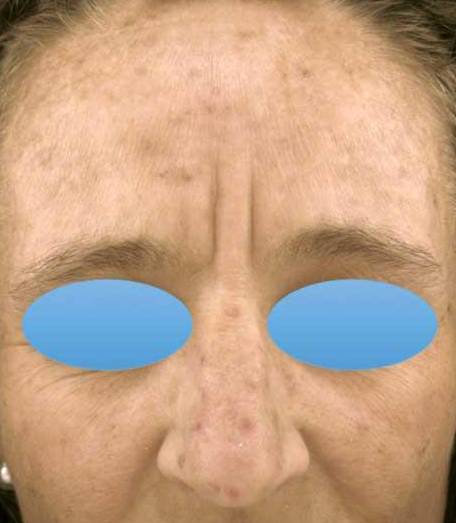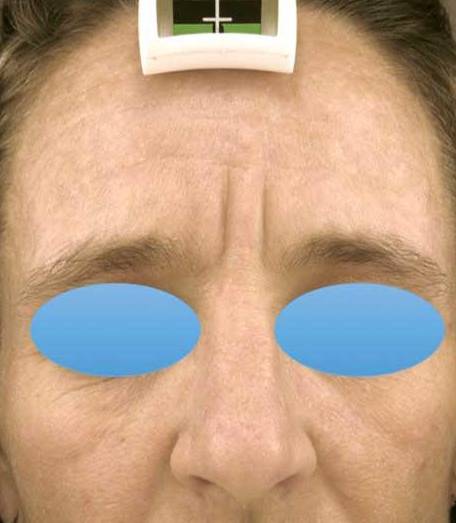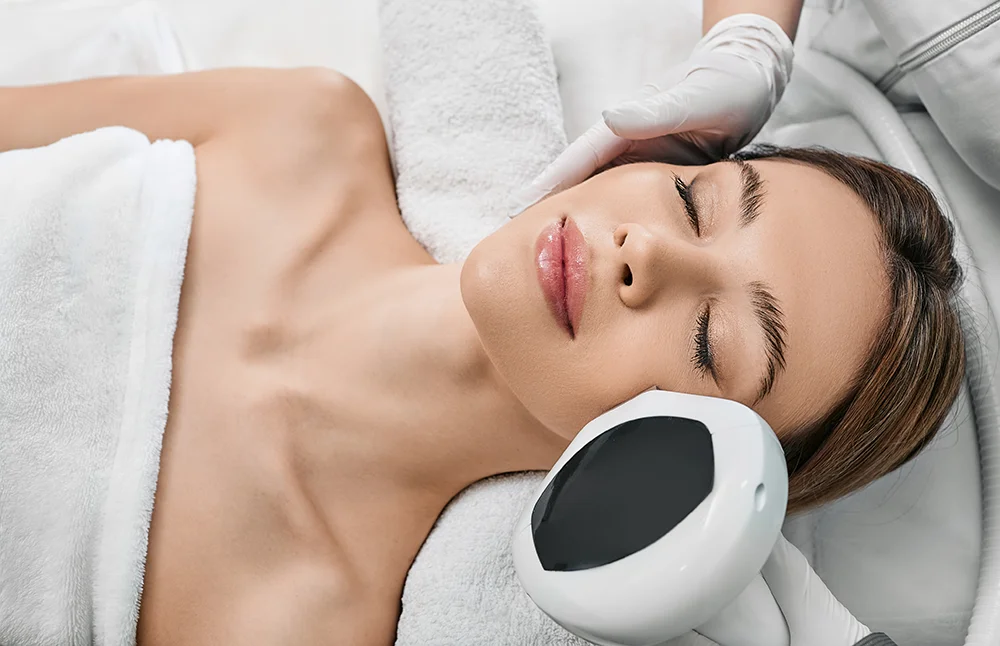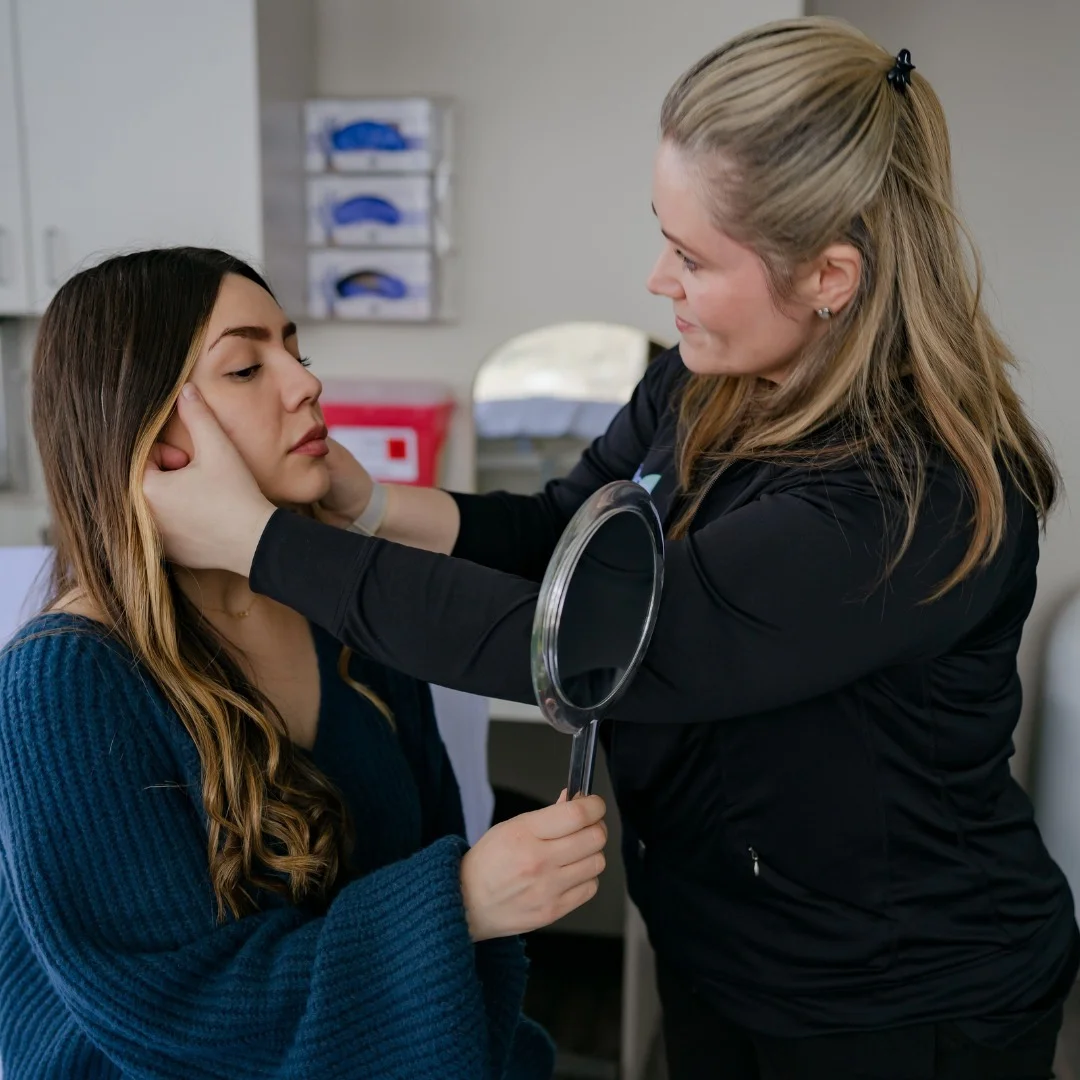What Results Can I Expect From IPL?
Results from IPL treatment gradually become noticeable as your skin heals and regenerates. Within a week or two, you’ll see a reduction in pigmentation, improved skin tone and a more youthful appearance. However, the full benefits of IPL may take several weeks to manifest as your skin continues to regenerate fully.
How Many IPL Sessions Will I Need?
Most patients require a series of three or more sessions spaced about four weeks apart to achieve optimal results. Each session builds upon the last, progressively enhancing your skin’s clarity and radiance.
Our Dermatologists will guide you on the best treatment plan based on your skin’s needs.
How Long Will My IPL Results Last?
The longevity of IPL results varies depending on your skin type, the severity of the treated conditions, how many sessions you undergo and how well you care for your skin post-treatment. With proper skincare, including regular sunscreen use and maintenance treatments as recommended by your AboutSkin expert, the results of IPL can last for several months to a year. Periodic touch-up sessions may be advised to maintain your skin’s clarity and vibrancy.








